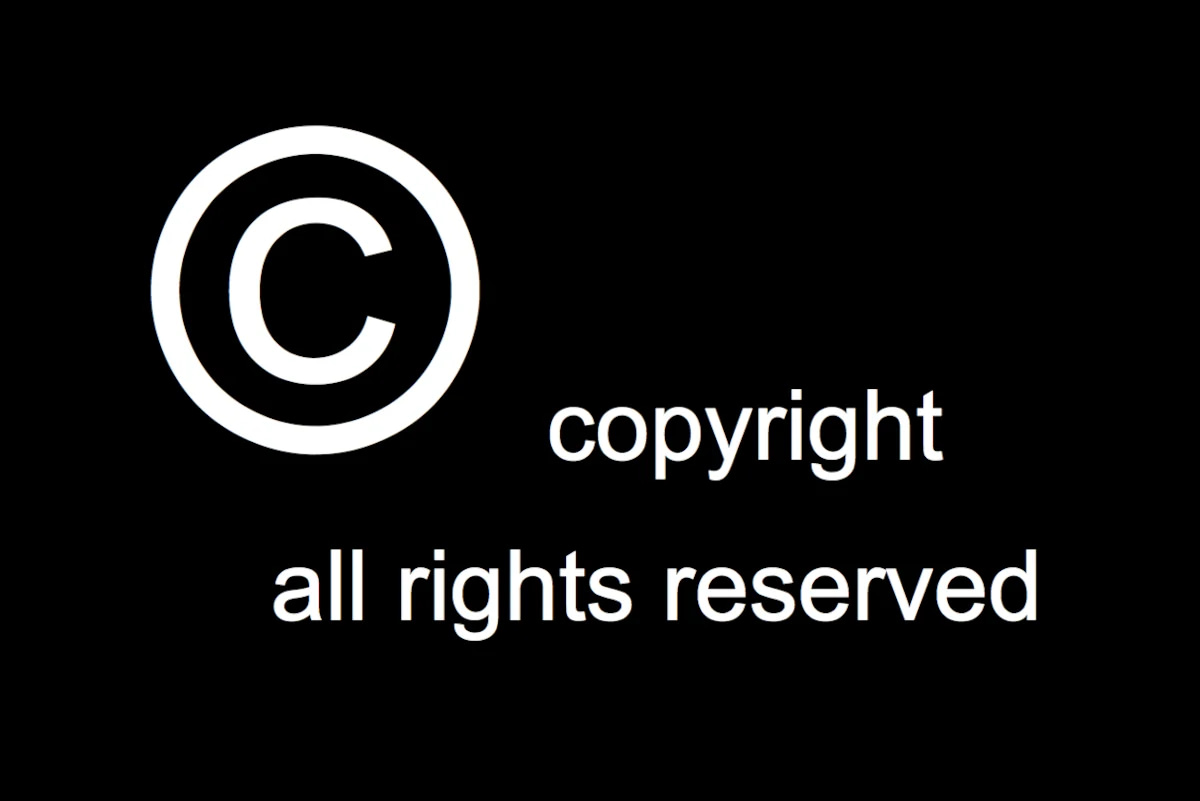Did you know musicians automatically own copyrights to original music they create? Whether it’s writing lyrics that are original or recording a demo of a new song, musicians do not need to formally copyright music before gaining that intellectual property right to those original creations.
Although a copyright exists when a original work is created, it has limitations and there are several good reasons to officially copyright music with the U.S. Copyright Office.
In fact, there are nine compelling reasons why you should file applications for music copyrights when you make a song. Read on to learn about the benefits musicians get when they copyright music.
What is a Copyright?
A creator of original work receives exclusive rights to use, reproduce, distribute, and perform their work with a copyright.
The Copyright Act of 1976 established copyright laws in the U.S., which only applies to “original works of authorship fixed in any tangible medium of expression.” This includes musical works, whether with or without lyrics, sound recordings, and other artistic works.
For a work to automatically receive copyright protection, it must also be “fixed in a tangible medium of expression,” which means it must be recorded or captured in a way that can be perceived, reproduced, or communicated with or without the use of technology.
Saving a work in a computer or writing it on paper are common ways in which a work is fixed in a tangible medium.
Different Types of Music Copyrights
When musicians copyright music, there are two different types of works that can receive copyright protection: the musical work and the sound recording. Let’s take a closer look at each of these types of music copyrights.
Musical Work
A musical work refers to the song’s composition, including the melody, harmony, musical arrangement, and any accompanying lyrics.
Traditionally, musical works were transcribed into sheet music using musical notations.
However, with the rise of digital audio workstations (DAW), the musical composition and arrangement created using music production software can also receive copyright protection.
Sound Recording
On the other hand, a sound recording is simply an audio recording of music. It must be recorded in a fixed medium known as a phonorecord that can be replayed, such as an MP3 file or CD.
A sound recording is different from a musical work as it captures a specific performance of the musical work, including the sound and other sonic elements unique to that performance.
It is important to note that each of these two types of work receive separate music copyrights. By understanding that there are different music copyrights, musicians can protect their rights more effectively.
Why Musicians Should Formally Copyright Music
There are several benefits that musicians receive when they formally copyright music. We will go over nine of them, with the first six being exclusive rights provided to holders of music copyrights and the last three involving copyright infringement lawsuits.
6 Exclusive Rights of Copyright Owners
Holders of music copyrights are granted these exclusive rights:
1. Right to reproduce the copyrighted music
2. Right to prepare derivative works
3. Right to distribute copies of the music to the public
4. Right to perform the work publicly
5. Right to display the work publicly
6. Right to perform the sound recording publicly by digital audio transmission
If anyone wants to reproduce, modify, distribute, or perform copyrighted music, they must seek permission from the holder of the music copyrights. If anyone takes advantage of those benefits without permission, the holder of the music copyrights may file an infringement lawsuit.
Copyright Infringement Lawsuits
In addition to the six exclusive benefits above, here are three additional reasons to register a copyright when it comes to copyright infringement claims.
7. The U.S. Copyright Office Must Process a Copyright Registration Before a Claimant May File a Lawsuit
Although creating an original work automatically provides the creator with a copyright, it does not automatically provide the right to sue for copyright infringement of that work.
Before a copyright owner can file a lawsuit claiming infringement, the U.S. Copyright Office must process an application to register a copyright. However, simply submitting an application for a copyright registration is not enough.
In the Fourth Estate Public Benefit Corp. v. Wall-Street.com LLC et al. case, the United States Supreme Court made it clear that the U.S. Copyright Office must finish processing a copyright claimant’s registration before the claimant may bring an infringement lawsuit.
8. A Copyright Registration Serves as Evidence that the claimant’s Copyright is Valid
A copyright registration serves as evidence of the validity of your music copyrights. The Copyright Act of 1976 expressly states that a copyright registration provides evidence that the owner’s copyright is valid.
This makes it very difficult for a defendant to argue that your music copyrights are not valid in a copyright infringement lawsuit.
9. A Copyright Claimant Gains the Right to Recover Damages and Attorney’s Fees
Finally, registering your music copyrights also gives you the right to recover damages and attorney’s fees in a copyright infringement lawsuit.
Statutory damages for infringement can range from $750 to $30,000 per work infringed, with up to $150,000 awarded for willful infringement.
While lawsuits can be expensive and time-consuming, the ability to recover attorney’s fees gives you added protection and makes it worthwhile to pursue a copyright infringement claim.
Conclusion
Relying on the copyright that automatically exists when a musician writes or records a song provides limited protection. Musicians gain several benefits when they copyright music.
Before releasing a song, there are several good reasons to apply for copyright registration and further protect your intellectual property rights.
Don’t leave your music unprotected – take the time to formally copyright it today.
Notice
This information is for general informational and educational purposes only, and is not intended to be specific legal advice. By reading this information, you understand that no attorney-client relationship is formed between you and the author or the author’s law firm. If you need legal assistance, please consult with a licensed attorney for advice regarding your specific situation.




